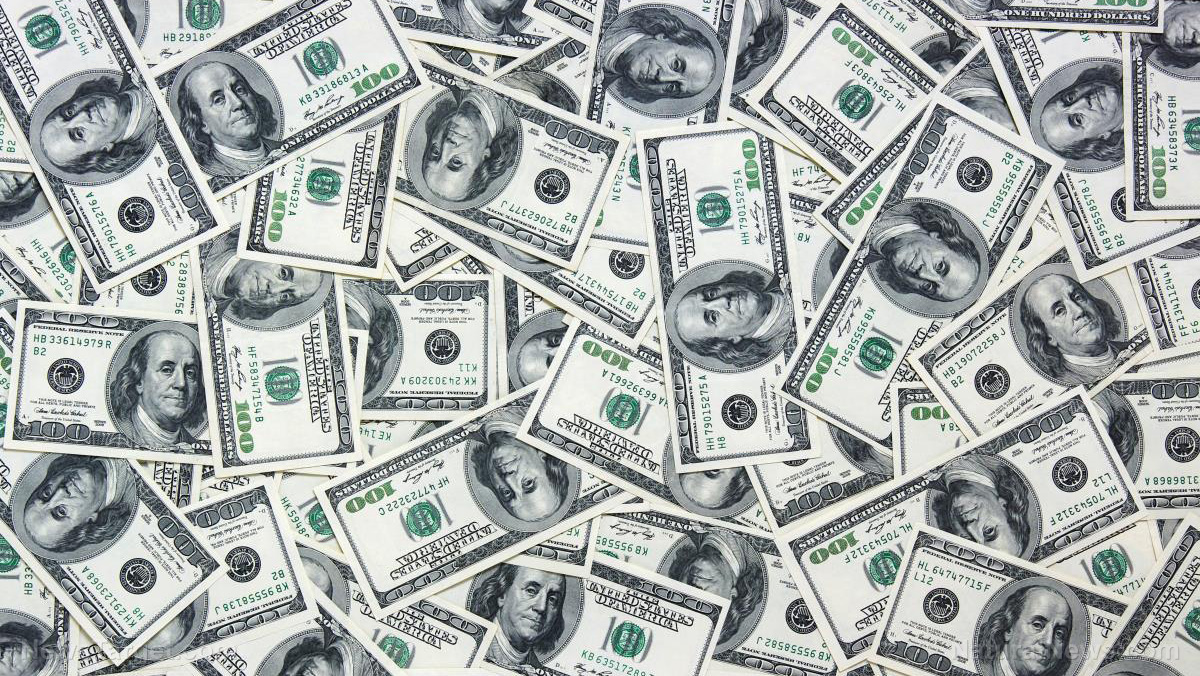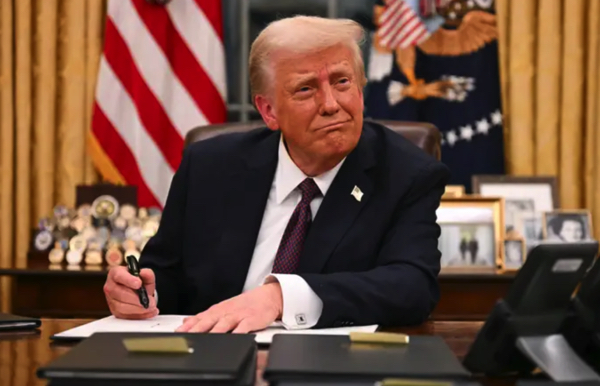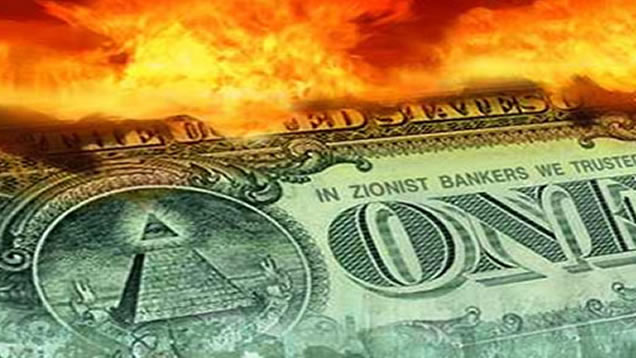Murray Rothbard's book offers a compelling perspective on the history, nature and future of money
- Murray Rothbard's book addresses the widespread misunderstandings about monetary policy, arguing that debates on "tight" versus "easy" money and the roles of institutions like the Federal Reserve often obscure fundamental economic principles.
- Rothbard explains that money originates from the need for a medium of exchange in a free society, evolving naturally to overcome the limitations of barter and facilitate complex transactions.
- He emphasizes that money is a tangible asset whose value is determined by supply and demand, challenging the view of money as an abstract or government-imposed concept.
- The book criticizes historical government control over money, such as coinage, paper money and legal tender laws, arguing that these interventions have led to inflation, economic instability and a decline in purchasing power.
- Rothbard proposes a radical shift towards a free market in money, suggesting that private mints and the principles of freedom could lead to a more stable and efficient monetary system, challenging the necessity of government oversight for monetary stability.
In the ever-evolving landscape of economics, few topics are as universally relevant yet persistently misunderstood as money. Murray Rothbard's seminal work, "
What Has Government Done to Our Money?" delves into this complex subject, offering a compelling and often controversial perspective on the history, nature and future of money.
Rothbard begins by addressing the pervasive confusion surrounding monetary policy. In today's world, debates about "tight money" versus "easy money," the roles of the Federal Reserve and the Treasury, and the various iterations of the gold standard dominate economic discourse. These debates, Rothbard argues, often obscure more than they clarify, leaving the public bewildered. He attributes this confusion to a narrow focus on immediate issues rather than a comprehensive understanding of fundamental principles. To illustrate his point, Rothbard employs the analogy of "Crusoe economics," a classical theory that examines the economic actions of Robinson Crusoe on a desert island. While some dismiss this approach as outdated, Rothbard contends that it reveals the basic axioms of human action, stripping away modern complexities to highlight the core principles that govern our economic lives.
The origins of money, according to Rothbard, are rooted in the natural process of exchange. In a free society, money does not materialize by government decree but emerges from the need for a medium of exchange. As societies expand beyond small, self-sufficient groups, the limitations of barter become apparent. The "coincidence of wants" problem, where two parties must each have something the other desires, renders barter impractical for complex transactions. Money resolves this issue, facilitating seamless exchanges and enabling the development of sophisticated economies.
Rothbard emphasizes that money is not merely a convenient tool but a commodity whose value is determined by the forces of supply and demand. This perspective challenges the conventional view of money as an abstract concept or a government-imposed construct. Instead, he posits that money is a tangible asset, accepted by individuals in exchange for goods and services based on its inherent value.
The book takes a critical look at government intervention in the monetary system. Historically, governments have exerted control over coinage, issued paper money and enforced legal tender laws. Rothbard contends that these actions have distorted the natural evolution of money, leading to inflation, economic instability and a decline in purchasing power. He explores the economic consequences of inflation, the compulsory monopoly of the mint, and the practice of debasement, reducing the precious metal content of coins while maintaining their face value. This hidden form of taxation, he argues, has been used by governments for centuries to finance their expenditures.
One of the most intriguing aspects of Rothbard's analysis is his exploration of Gresham's Law, which states that "bad money drives out good." In essence, when two types of money are in circulation, the one with lesser intrinsic value will be used for transactions, while the one with the higher value will be hoarded or exported. This principle underscores the challenges of government-controlled money and helps explain why such systems often lead to currency deterioration.
Perhaps the most contentious part of Rothbard's argument is his case for a free market in money. He challenges the notion that government oversight is essential for monetary stability, proposing instead that the principles of freedom can be applied to money just as they are to other goods and services. Rothbard envisions a world where private mints produce coins, and their acceptance is based on their reputation for quality and reliability. He believes this approach would result in a more stable and efficient monetary system.
Rothbard also addresses the concept of "hoarding," a term often used to criticize those who save money. He argues that hoarding is not a problem but a rational response to economic uncertainty. People hold onto money because it provides security and flexibility in an uncertain world.
In conclusion, "What Has Government Done to Our Money?" challenges readers to reconsider their assumptions about the role of government in the monetary system and to consider the potential benefits of a free market in money. Whether or not one agrees with Rothbard's conclusions, his insights offer invaluable perspectives on the true nature of money and its profound impact on our lives.
Learn more about "
What Has Government Done to Our Money?" by watching the video below.
This video is from the
BrightLearn channel on Brighteon.com.
Sources include:
Brighteon.ai
Brighteon.com
 Parler
Parler Gab
Gab









